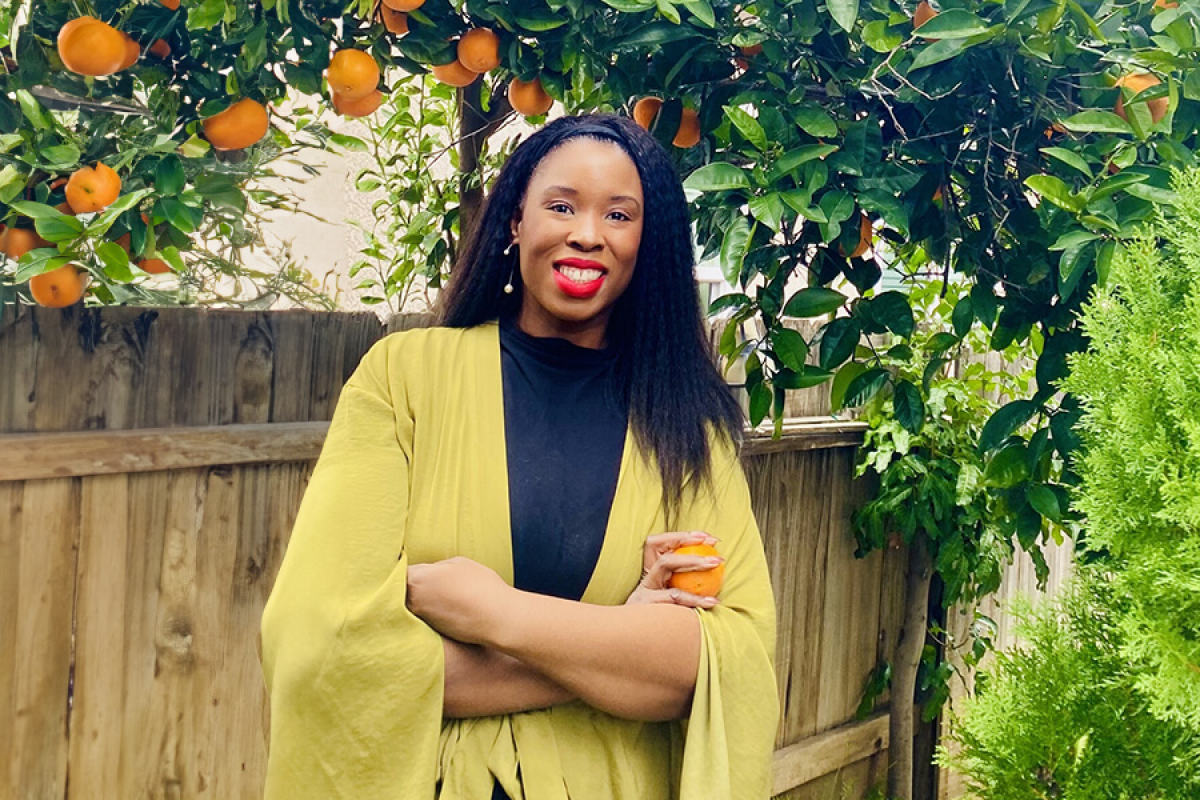Imagine – an average day in LA, understood in terms of three prevalent products of consumption: corn, citrus, and bottled water.
For breakfast, you weigh up the options of corn syrup on pancakes, or (more advisable) perhaps toast with marmalade made with oranges from the tree in your garden. For lunch, you enjoy corn tortilla tacos from a food truck and – if you forgot your re-usable water bottle – you purchase a couple of plastic water bottles to hydrate in the heat. On your way home after work, you stop off at an elote stand to pick up a cup of hot grilled corn coated in mayo, melted cheese, chili and lime.
Another day, another trail of waste products: citrus peel, non-biodegradable plastic, and corn stover (the discarded husks and cuttings from corn harvesting, which amounts to the primary waste product in the U.S.). Add to the pile-up, all the carbon you burned while stuck in rush hour traffic.
Reframing waste
Where we might see waste, Kandis Leslie Gilliard-AbdulAziz sees potential. Having recently joined the USC Sonny Astani Department of Civil and Environmental Engineering as Gabilan Assistant Professor of Civil and Environmental Engineering, Gilliard-AbdulAziz leads the Sustainable Catalysis and Materials Laboratory – a test site for transforming waste materials into unprecedented products which are beneficial for society. For her work in this realm, Gilliard-AbdulAziz was recently selected as a 2024 Alfred P. Sloan Research Fellow in Chemistry, a distinction reserved for top early-career scientists from the United States and Canada.
“The lab works within the field of catalysis for sustainable chemical production,” explains Gilliard-AbdulAziz. “We’re developing novel nanoscale activators that have the property of converting waste into use.”
